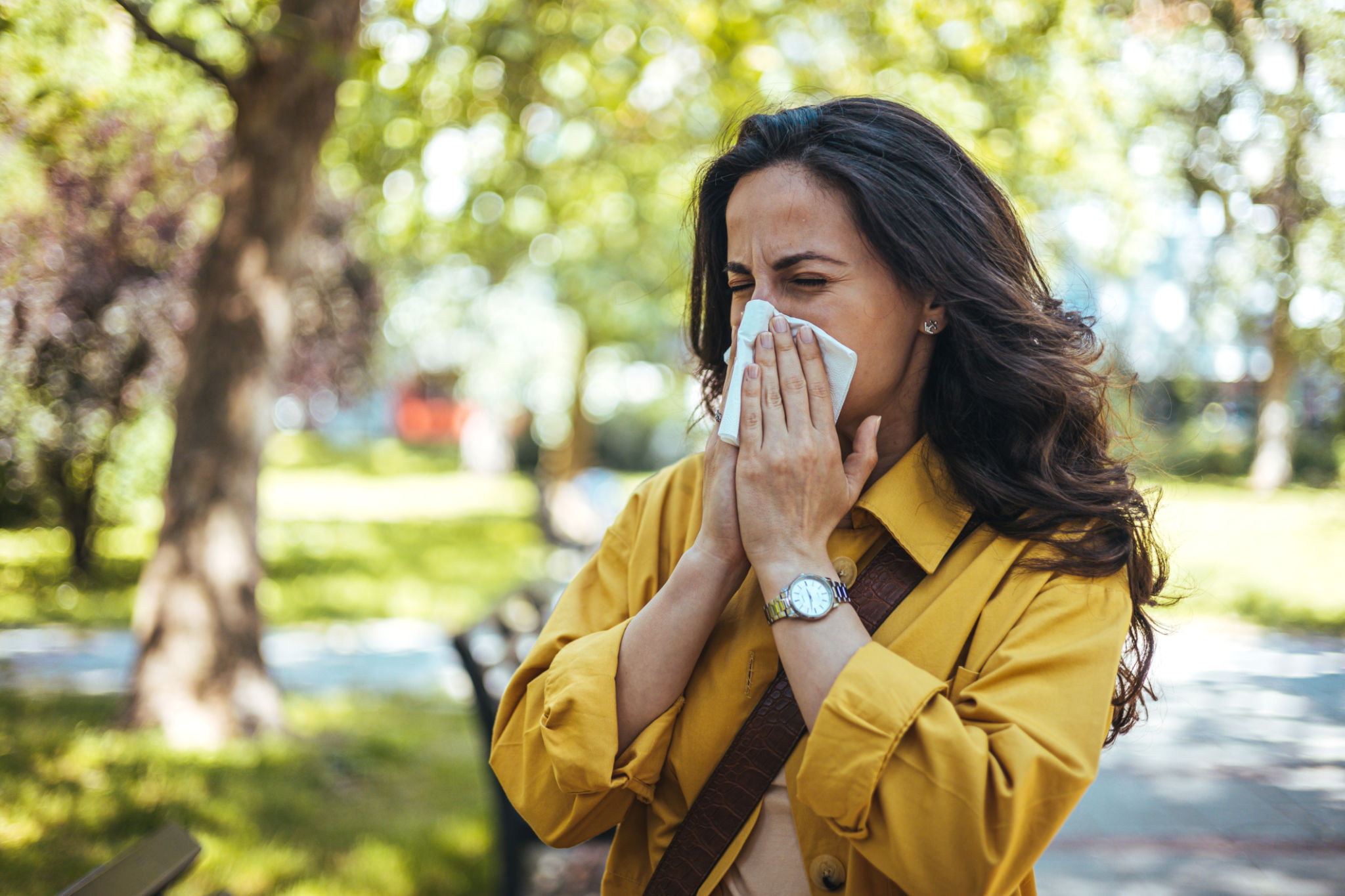How Weather Changes Affect Allergy Testing in La Crosse
Understanding the Impact of Weather on Allergies
Allergy sufferers in La Crosse know all too well how weather changes can impact their health. As seasons shift, the types of allergens in the air change as well, affecting when and how people experience allergy symptoms. This fluctuation can make allergy testing more complex but also more critical for effective management.
Weather plays a significant role in the distribution and intensity of allergens. For instance, warm, windy days may increase the spread of pollen, while rainy days can help wash away these particles. Understanding these patterns is essential for those seeking allergy relief and accurate testing.

Seasonal Allergies and Testing in La Crosse
La Crosse experiences all four seasons, each bringing its own set of allergens. Spring is notorious for tree pollen, summer for grass pollen, and fall for ragweed. Winter, although less severe in terms of pollen, can still affect those sensitive to indoor allergens like dust and mold.
Allergy testing during different seasons can yield varied results. For instance, testing in spring might reveal sensitivities to tree pollen, while summer tests may highlight grass allergies. It's crucial to consider time-specific testing to tailor an effective allergy management plan.

The Role of Climate Change
Climate change is another factor influencing allergy testing in La Crosse. As temperatures rise and weather patterns shift, allergens may appear earlier or linger longer than usual. This unpredictability can complicate testing but also emphasizes the need for ongoing monitoring.
Longer pollen seasons and increased levels of carbon dioxide contribute to more potent allergens. This makes regular testing even more important to ensure that allergy treatments remain effective over time.
Choosing the Right Time for Allergy Testing
Choosing the right time for allergy testing is crucial for accurate results. Many experts recommend testing during peak allergy seasons when symptoms are most pronounced. However, if you're experiencing year-round symptoms, testing at different times of the year might be necessary.
Consulting with an allergist or healthcare provider can help determine the best timing for testing based on individual symptoms and environmental factors. They can also advise on the most appropriate type of tests, whether skin or blood tests, depending on your needs.

Tips for Managing Weather-Induced Allergies
While allergy testing is pivotal, managing symptoms also involves proactive measures. Here are some tips for dealing with weather-induced allergies:
- Keep windows closed during high pollen days.
- Use air purifiers to reduce indoor allergens.
- Wash bedding frequently to remove dust mites.
- Monitor local pollen forecasts to plan outdoor activities accordingly.
By incorporating these strategies into your routine, you can minimize exposure to allergens and reduce symptoms effectively.
Conclusion: Staying Ahead of Allergy Challenges
Weather changes in La Crosse undeniably affect allergy sufferers, but with the right approach to testing and management, it is possible to stay ahead of these challenges. Regular allergy testing tailored to seasonal changes ensures that individuals receive the most accurate diagnosis and treatment options available.
Staying informed about weather patterns, understanding your specific triggers, and working closely with a healthcare provider are all essential steps in maintaining control over allergy symptoms throughout the year.